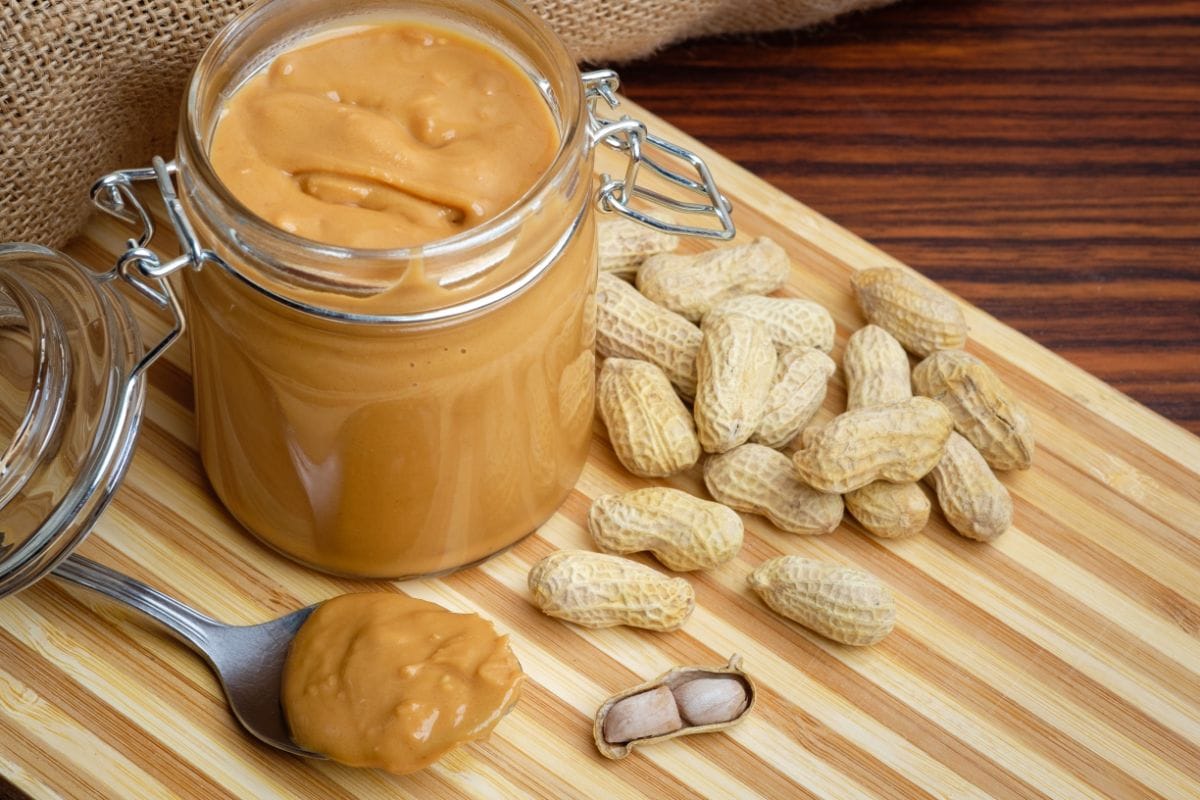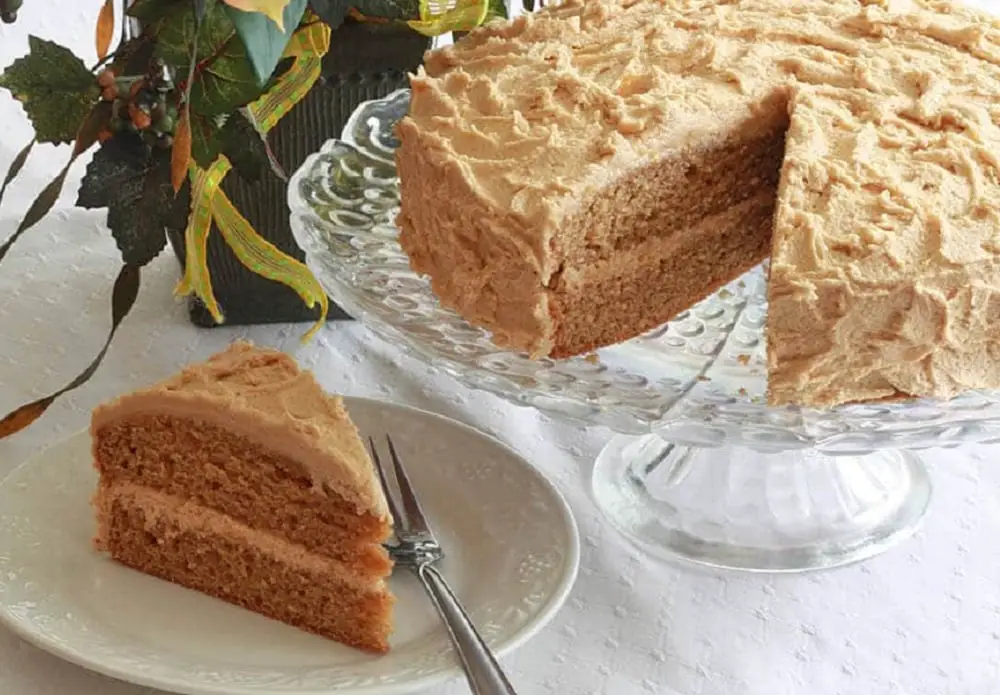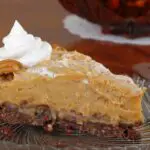Peanut butter is a great ingredient for a wide variety of delicious desserts. Not to mention, it can be used to make a scrumptious peanut butter and jelly sandwich.
This nutty sandwich spread is known for its nutty taste, smooth texture, and its incredible versatility.
Many peanut butter lovers will store a jar of peanut butter in their cupboard or pantry for a long time. This is because it is renowned for having a long shelf life.
But like any food, peanut butter has an expatriation date, which will indicate how long it can last. Here’s everything that you need to know about the shelf life of peanut butter.
Does Peanut Butter Go Bad?
Yes, peanut butter does go bad. An unopened jar of peanut butter should last between six and nine months. Some varieties can even last up to a year.
To determine how long your unopened peanut butter will last, you may also want to consult the jar. This is because it will provide an expiration date that will indicate when the contents are likely to expire.
Meanwhile, opened peanut butter has a much shorter shelf life. It tends to only last for two to three months before expiring.
The best by date is one of the best indicators of how long a jar of peanut butter will last. This is because different brands can vary in how long it takes their product to expire due to the different ingredients used.
Why Does Peanut Butter Have Such A Long Shelf Life?
Regardless of whether you have opted for a commercial or natural peanut butter, it should have an impressive shelf life. However, commercial peanut butters often last for longer.
This is because most commercial peanut butters contain stabilizers, like palm oil, to extend the shelf life. This ingredient is primarily used to prevent oil separation, one of the key signs that a jar of peanut butter has passed its expiration date.
Not to mention, many commercial peanut butters contain preservatives, such as sodium benzoate, which will combat microbial growth.
Regardless, natural peanut butter still has a relatively long shelf life. This is because peanut butter is low in moisture, which is where many of the microorganisms that spoil food grow.
Moreover, the high fat content isn’t ideal for bacterial growth. Natural peanut butters are also high in healthy fats.

How To Tell If Peanut Butter Is Bad?
There are a few ways of telling whether or not you’ve got a jar of expired peanut butter. Aside from the expiration date, the best way of determining whether the peanut butter has expired is to investigate it.
Rancid peanut butter tends to develop a hard texture instead of its iconic creaminess. When you open the jar, you might notice metallic odors.
You may also detect a rancid taste, with the peanut butter developing more of a sour flavor. Any changes in the taste of peanut butter can suggest that it is past the best by date.
If the peanut butter has started to grow mold, this is a serious sign that it is best to avoid eating it. Though you are unlikely to become ill after eating mold, it is best to refrain from eating rancid food.
When the peanut butter is months past the expiration date, it is not worth eating, as the taste will likely be horrible.
In the case that oil separation has occurred, this is not always a sign that the peanut butter has expired. This is because oil separation commonly happens to natural peanut butters.
If you are concerned about separated oil, place the peanut butter jar upside down. This is often a much more effective solution than giving the peanut oil a stir.
How Should You Store Peanut Butter?
Proper storage is key to ensuring that your peanut butter lasts as long as possible. Once you’ve opened a jar, it’s a good idea to refrigerate peanut butter. This is because it can provide a longer shelf life and combat microbial growth.
However, you don’t have to put the peanut butter in the fridge if you want it to stay fresh. You can also place it in a dark place that’s sufficiently cool. A dry place such as a cupboard or pantry is ideal for this.
Some people prefer peanut butter at room temperature while others like it chilled. Just do whichever you prefer!
When you open the peanut butter, ensure that you close the jar tightly. This is because prolonged air exposure can speed up the expiration process.
If you are using peanut butter, be sure to only ever touch it with clean utensils. Dirty utensils can contaminate the peanut butter, causing it to become rancid even quicker.
Frequently Asked Questions
What Is Natural Peanut Butter?
Natural peanut butters are made with just ground peanuts and salt. Many recipes don’t even include salt.
These natural peanut butters don’t contain all the complex ingredients found in commercial varieties, such as hydrogenated vegetable oils. Lots of people prefer natural peanut butter to shop-bought varieties due to its fantastic flavor.
Should You Refrigerate Natural Peanut Butter?
It’s a good idea to store natural varieties in the fridge, but as mentioned earlier, you don’t have to store peanut butter in the fridge if you don’t want to. Like other nut butters, natural peanut butter can be stored in a dark and dry place.
Can You Freeze Peanut Butter?
If you wish to keep your peanut butter good for the maximum amount of time, you can freeze it. Doing so won’t affect the flavor or texture. Just make sure that you defrost the peanut butter before you eat it.
Final Thoughts
Hopefully, if you have been wondering “does peanut butter go bad”, this guide will have answered all of your questions.
Peanut butter generally has a long shelf life, so you won’t have to worry about it quickly expiring. This means that you can enjoy your fresh peanut butter for a long time. Bon appétit!










